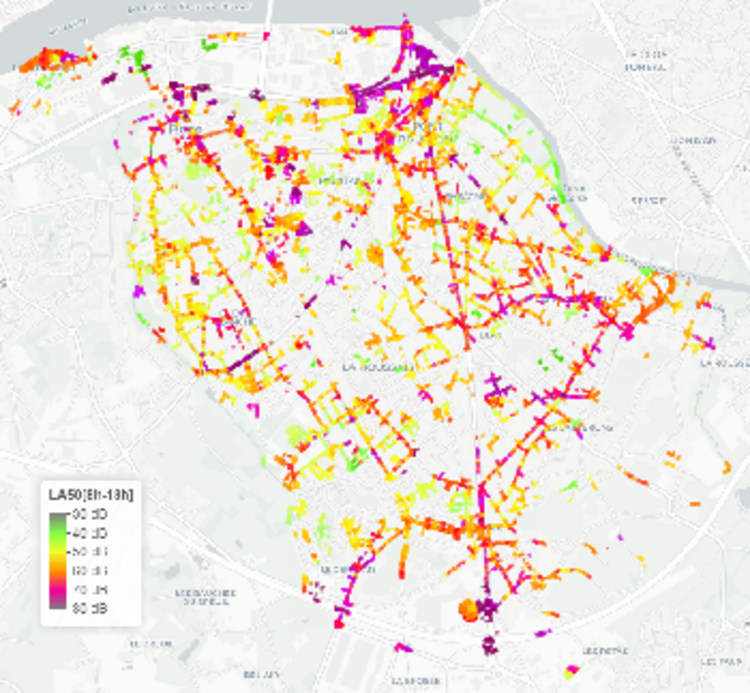Our scientists regularly publish articles on the online media outlet The Conversation France under a Creative Commons license. These articles are made available free of charge on our partner's website and are published on Reflexscience in accordance with the publication guidelines specified by The Conversation France.
How can French people’s savings be mobilised for a civic purpose?
Household savings accumulated during lockdowns could be used to finance cooperatives or positive-impact projects
Read moreJoséphine d'Yquem: an entrepreneurial woman of the 19th century and the creator of a legendary…
A recent book recounts the life of Joséphine d'Yquem, a woman who was thrust into the role of managing a small family vineyard, but who managed to innovate and turn it into the very symbol of luxury.
Read moreIn Rezé, residents, researchers and elected representatives listen to the sounds of the city
In Rezé (Loire-Atlantique area), the “SonoRezé” project brings together scientists, elected representatives and residents to diagnose the sound environment in the town. The aim is to involve local residents in noise management.
Read moreOne-third of French people have a negative image of marketing
According to a survey, marketing is associated with terms with negative connotations. But it serves two legitimate functions: informing consumers and transforming markets.
Read moreHealth effects of wind turbine noise: fact or fiction?
The development of wind farms in recent years has been accompanied by a debate about the potential noise pollution caused by these installations. What do we know about this?
Read moreAir pollution: effective but imbalanced low-emission zones in France
Despite their relative effectiveness, these measures are unequal and do not respond to the need to revolutionise urban development.
Read more![[Translate to English:] Logo The Conversation France [Translate to English:] Logo The Conversation France](/fileadmin/_processed_/d/1/csm_TC_Stacked-ENG-FR_39a7d8de59.png)





